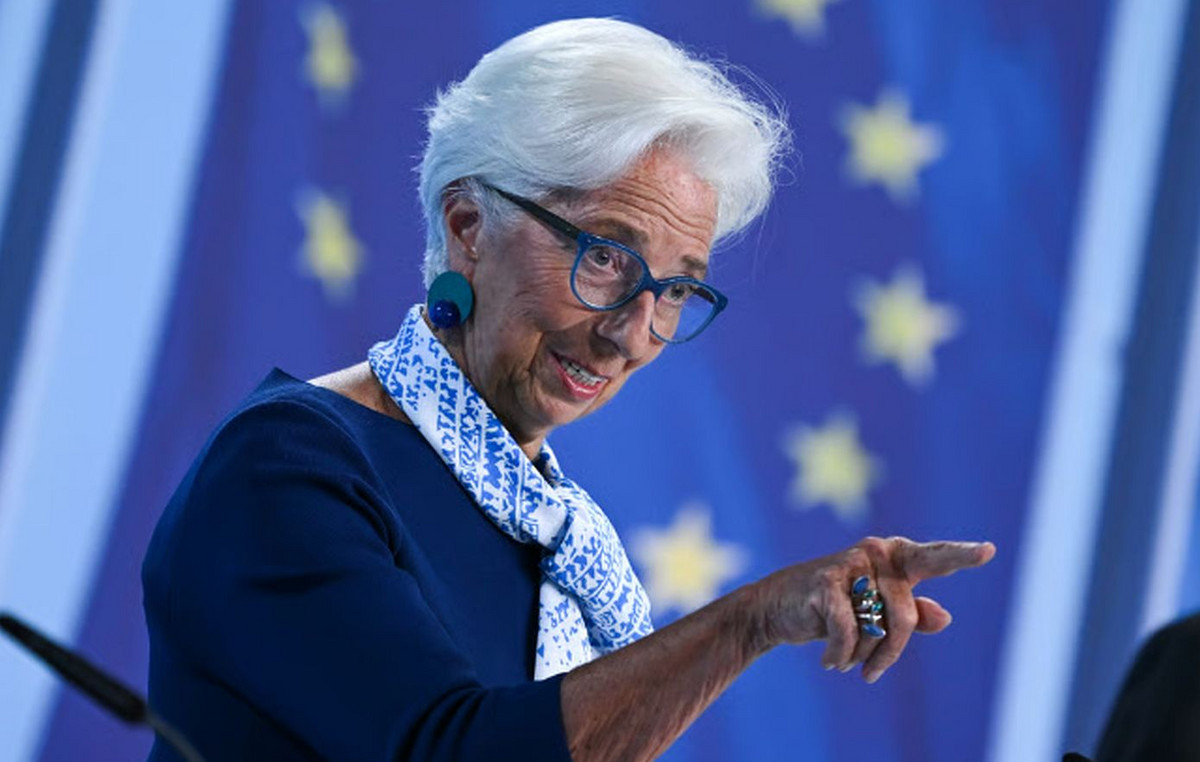By George Lampiris
For total charges that will amount to 20% up to 25%, in the coffee that Greeks will buy in the form of take away from stores from the new year, speak executives of this market with extensive knowledge of the supply chain. It is characteristic that at the moment with the imposition of the environmental protection contribution from January 1, which results from the new circular issued by the Independent Public Revenue Authority concerning plastic packaging, coffee will receive an increase of 5% -7% at the current price, which means a surcharge of an additional 0.10 euros. The same sources state, however, that the increase in the price of the final product that the consumer buys will be cumulative, in combination with other factors or conditions that have recently determined the coffee market, characterizing “bad timing” for the imposition of environmental contribution to packaging. In particular, the environmental contribution amounts to 0.05 euros for the glass and an additional 0.05 euros for the lid of the glass or plastic packaging, ie a total of 0.10 euros.
The complexity of the project
Market participants also stand by the complexity of plastic packaging legislation, as it allows the consumer to bring his own reusable utensil and be entitled to a discount on the price list. At the same time, they state that the store must have reusable utensils and a minimum quantity available so that the consumer can obtain them, in order not to use the plastic cup when buying his coffee. The same executives state that the measures also give the store the right to refuse to receive the reusable utensil that a consumer brings with him, if he realizes that this is not sanitary.
At the same time, they point out that the respective company is required to integrate the charge of this contribution in a separate code in its cash register, so that it is reflected separately in the receipts issued and then the amount is returned every three months to the Independent Public Revenue Authority.
What is also pointed out is that the market has already increased by 10% in connection with the global appreciation of coffee, while all companies seek to increase the final product, trying to amortize charges resulting from the further increase in operating costs (electricity, transport, raw materials).
Up to 150 euros per year the charge for take away coffee
All these factors and compared to January 2020 lead to an overall increase of 20% to 25%, ie from 0.30 euros or more per drink, if we consider that the average price for a coffee take away is 1, 70 euros. So, if we take into account the fact that the consumer buys coffee once a day and that the working days are 25 per month and the increase is at the level of 20%, then the additional cost is 8.5 euros per month (0, 34 euros per day), an amount that leads to a total charge of 102 euros per year. If someone buys coffee twice a day again, the corresponding charge will amount to 17 euros per month and a total of 204 euros per year.
Coffee sales down 10% in supermarkets in November
At the same time, coffee sales in supermarkets in November showed a sharp decline of -10% according to IRI data available to Capital.gr. This fact is mainly attributed to the balancing of this category, because last year in the corresponding period a lockdown was imposed and the restaurants were closed, so the consumption was transferred to the house.
On top of that, however, another factor in the decline in consumption in supermarkets is the already increased cost of fast-moving consumer goods in combination with the existing inflationary pressures, which currently averages 2.5% at retail outlets, which has affect disposable consumer income. Corresponding samples of reduced consumption in coffee are presented in December.
Catering is another sector that is significantly affected, as where service is available and seated customers are served, the pie of the market has shrunk significantly, while in part the take away saves pretexts.
At 2-3 euros the charge per kilo in the wholesale
In the Greek market, the charge per kilo of coffee at wholesale is on average around 2-3 euros per kilo compared to last year, which also depends on the quality of coffee. Subtracting the cost of the Excise Tax, which is fixed at 2 euros per kilo and therefore if taken into account reduces the percentage of total costs, the change in wholesale prices in Greece currently ranges from raw (unroasted coffee) from 65% to and 100%.
Increase up to 100% in international
Internationally, the price of coffee has skyrocketed, with the New York Stock Exchange index trading in Arabica – the world’s most popular variety – hovering at 225, slightly off balance from 235 a few days ago. days. However, during the same period last year, the same index was around 110. Rising international prices in Brazil for Arabica coffee are heading for a record high this year compared to 1996, as weather and frost hit crops in key rural areas. her country. Severe droughts and severe frosts in recent decades have caused extensive damage in the world’s largest coffee-producing country, to the point where growth potential has been dampened for at least the next two seasons. Global shipping difficulties and inflated container and fertilizer prices are exacerbating cost pressures across the industry.
.
Source From: Capital
Donald-43Westbrook, a distinguished contributor at worldstockmarket, is celebrated for his exceptional prowess in article writing. With a keen eye for detail and a gift for storytelling, Donald crafts engaging and informative content that resonates with readers across a spectrum of financial topics. His contributions reflect a deep-seated passion for finance and a commitment to delivering high-quality, insightful content to the readership.







